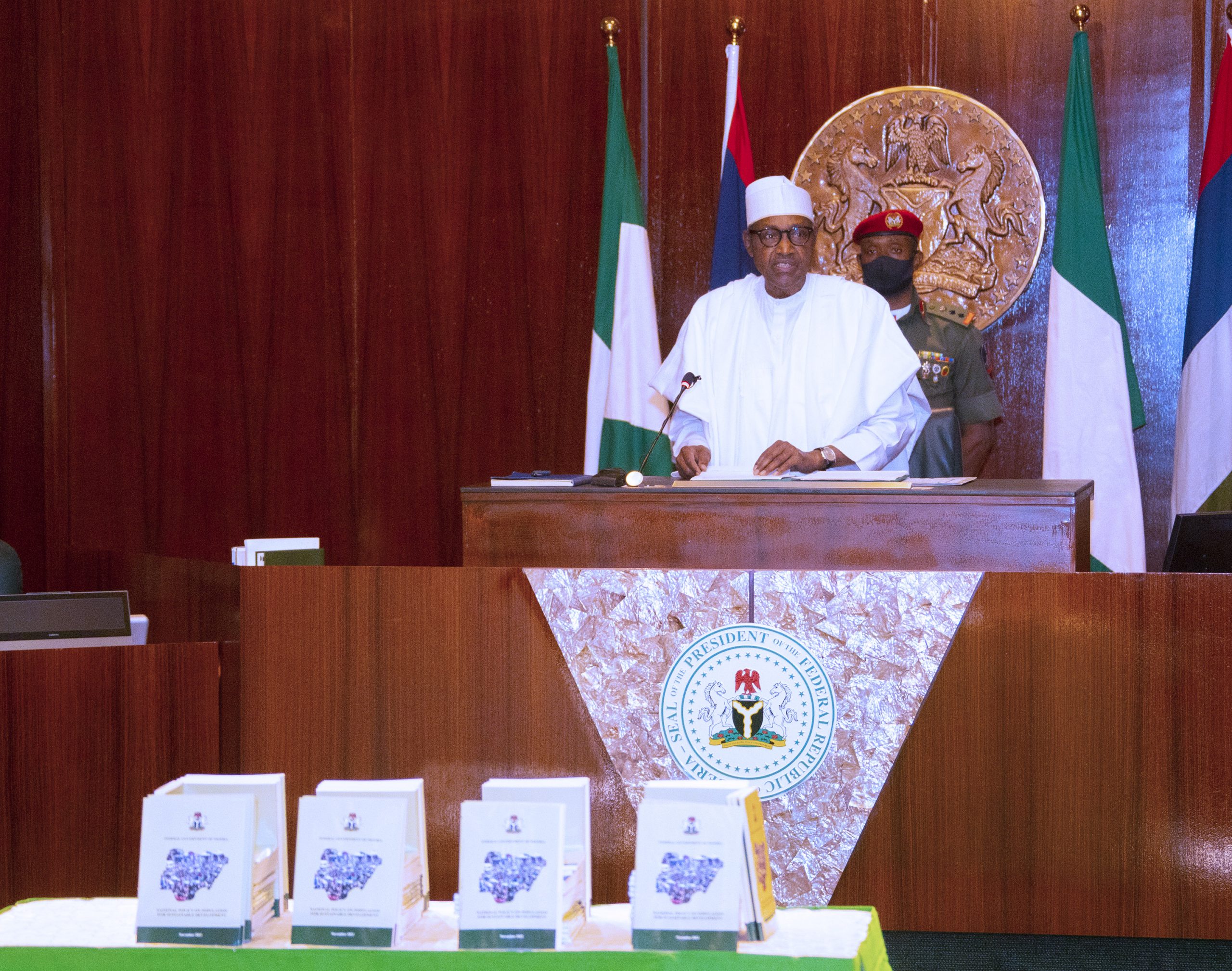News
FG introduces new policy to address Nigeria’s high fertility rate

The federal government has launched the Revised National Policy on Population for Sustainable Development to address the high fertility rate of the nation.
Along with the Revised Policy, President Muhammadu Buhari also inaugurated National Council on Population Management (NCPM). The Council has him as the chairman, the Vice President, Yemi Osibanjo as the deputy chairman and Heads of relevant Ministries, Departments and Agencies as members.
Special Assistant on Media and Publicity to the President, Femi Adesina, reveals the details of the events in a statement titled; ‘Nigeria Seeks Urgent Measures to Address High Fertility Rate as President Buhari Launches Revised Population Policy’, on Thursday, noted; “The policy emphasizes the urgency to address Nigeria’s sustained high fertility rate, through expanding access to modern family planning, counselling and commodities as well as promote births spacing.

ALSO READ: Inspiring story of Kano billionaire who was once Almajiri boy
“This will enable Nigeria to achieve rapid fertility control, improve the health of women, adolescents, newborns and children, and other population groups.”
Buhari however noted that Nigeria’s population, which was the largest in Africa, seventh globally and among the few whose fertility is still growing, was hinged on a youthful population, with more than 72 per cent of them being below 30 years while half of the female population are in their reproductive years (15-49 years).
“These levels have implications for sustained population growth and narrowed prospects to achieving population management, facilitating sufficient demographic transition, harnessing our demographic endowment and eventually realizing sustainable development,” he said.
Always visit NewsWireNGR for latest naija news and updated naija breaking news.
NewsWireNGR Latest News in Nigeria
Send Us A Press Statement/News Tips on 9ja Happenings: [email protected]
Advertise With Us: [email protected]


